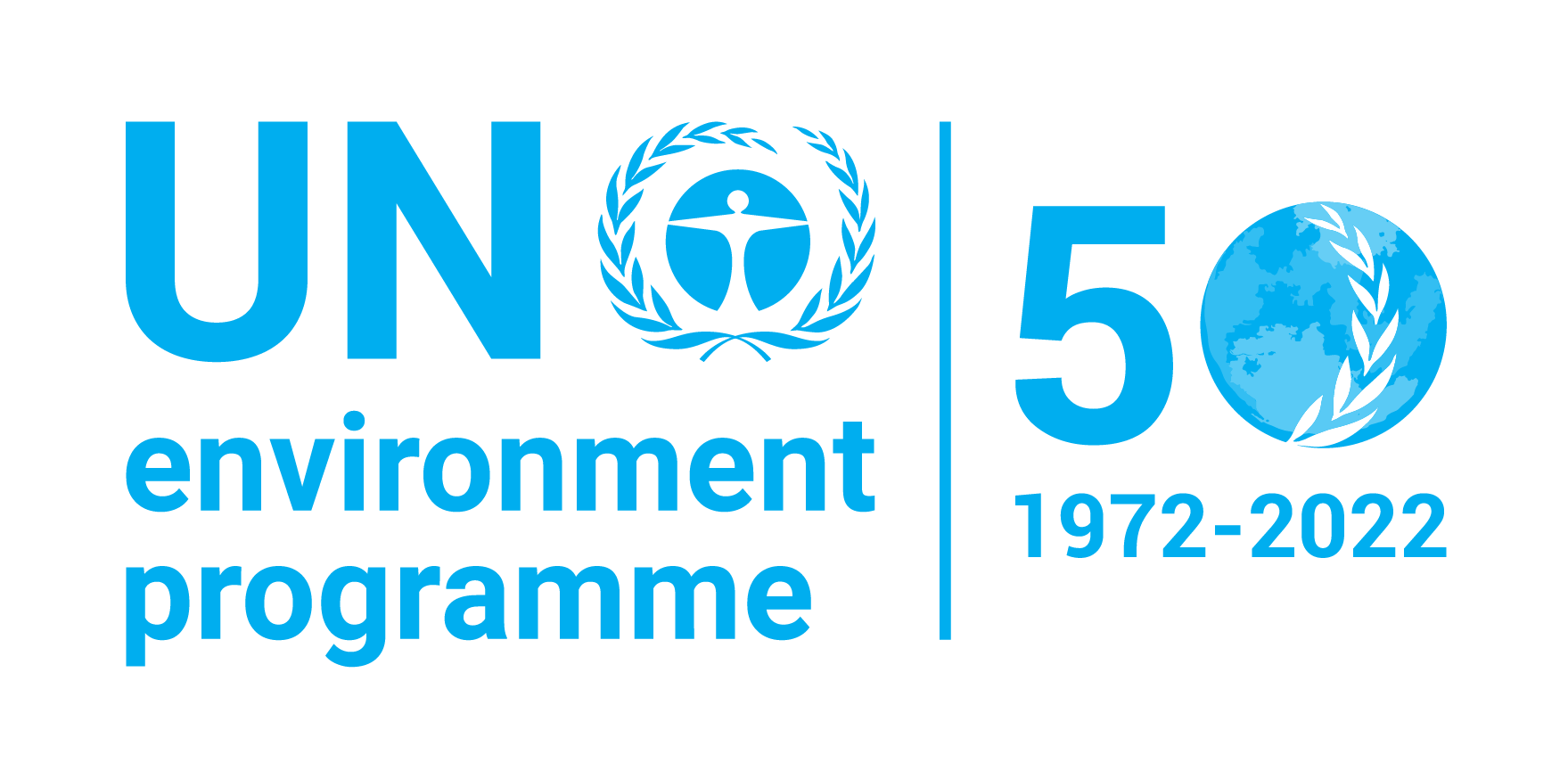| dc.contributor | International Resource Panel | en_US |
| dc.contributor.author | United Nations Environment Programme | en_US |
| dc.contributor.author | International Resource Panel | en_US |
| dc.contributor.other | Swilling, M. | en_US |
| dc.contributor.other | Hajer, M. | en_US |
| dc.contributor.other | Baynes, T. | en_US |
| dc.contributor.other | Bergesen, J. | en_US |
| dc.contributor.other | Labbé, F. | en_US |
| dc.contributor.other | Musango, J. K. | en_US |
| dc.contributor.other | Ramaswami, A. | en_US |
| dc.contributor.other | Robinson, B. | en_US |
| dc.contributor.other | Salat, S. | en_US |
| dc.contributor.other | Suh, S. | en_US |
| dc.contributor.other | Currie, P. | en_US |
| dc.contributor.other | Fang, A. | en_US |
| dc.contributor.other | Hanson, A. | en_US |
| dc.contributor.other | Kruit, K. | en_US |
| dc.contributor.other | Reiner, M. | en_US |
| dc.contributor.other | Smit, S. | en_US |
| dc.contributor.other | Tabory, S. | en_US |
| dc.coverage.spatial | Global | en_US |
| dc.date.accessioned | 2020-02-17T08:27:53Z | |
| dc.date.available | 2020-02-17T08:27:53Z | |
| dc.date.issued | 2018 | |
| dc.identifier.isbn | 978-92-807-3699-1 | en_US |
| dc.identifier.other | DTI/2172/PA | en_US |
| dc.identifier.uri | http://hdl.handle.net/20.500.11822/31623 | |
| dc.description | The report presents the first assessment of the resources required at a global scale for the coming wave of urbanization. Using material flow analysis, the analysis of urban form and city organization, the assessment of the potential contribution of known sustainable technologies, as well as case study methodology, it reveals the possibility of an alternative, resource-efficient urban management strategy. The report identifies the proliferation of the sustainability-oriented ‘urban experiments’ as a basis for a new form of resource-efficient urbanism. This emergent mode of urban governance can be aligned with the potential of networks of knowledge-based economies that will change industrial activity in cities over the coming decades. The report seeks to address the complex
interrelationships between (1) urban population growth and demographic change, (2) spatial change and development (with particular
reference to (de-)densification), (3) infrastructure planning and development, and (4) resource flows into, through and out of urban systems, and consequently the complex interrelationships between cities and the wider ecosystems within which they are embedded. It presents urban resource flows as being key to understanding what it will take to promote a transition from resource-intensive urban metabolism towards alternatives that manage resources more carefully. | en_US |
| dc.format | Text | en_US |
| dc.language | English | en_US |
| dc.relation.ispartof | IRP Reports | en_US |
| dc.rights | Public | en_US |
| dc.subject | CITIES | en_US |
| dc.subject | URBANIZATION | en_US |
| dc.subject | SUSTAINABLE CONSUMPTION | en_US |
| dc.subject | SUSTAINABLE DEVELOPMENT | en_US |
| dc.subject | POPULATION GROWTH | en_US |
| dc.subject | WASTE MANAGEMENT | en_US |
| dc.subject | URBAN PLANNING | en_US |
| dc.subject | URBAN MANAGEMENT | en_US |
| dc.subject | SUSTAINABLE DEVELOPMENT GOALS | en_US |
| dc.subject | LAND USE | en_US |
| dc.subject | URBAN DEVELOPMENT | en_US |
| dc.subject | GREEN REVOLUTION | en_US |
| dc.subject | ENERGY EFFICIENCY | en_US |
| dc.subject | TRANSPORT | en_US |
| dc.subject | CHINA | en_US |
| dc.subject | INDIA | en_US |
| dc.subject | UNITED STATES | en_US |
| dc.subject | URBAN PLANNING | en_US |
| dc.title | The Weight of Cities: Resource Requirements of Future Urbanization | en_US |
| dc.type | Reports and Books | en_US |
| wd.identifier.sdg | SDG 3 - Good Health and Well-being | en_US |
| wd.identifier.sdg | SDG 11 - Sustainable Cities and Communities | en_US |
| wd.identifier.sdg | SDG 12 - Responsible Consumption and Production | en_US |
| wd.identifier.sdg | SDG 15 - Life on Land | en_US |
| wd.tags | Cities | en_US |
| wd.tags | Land | en_US |
| wd.topics | Cities and lifestyles | en_US |
| wd.topics | Environmental governance | en_US |
| wd.topics | Resource efficiency | en_US |
| wd.identifier.pagesnumber | 280 p. | en_US |





